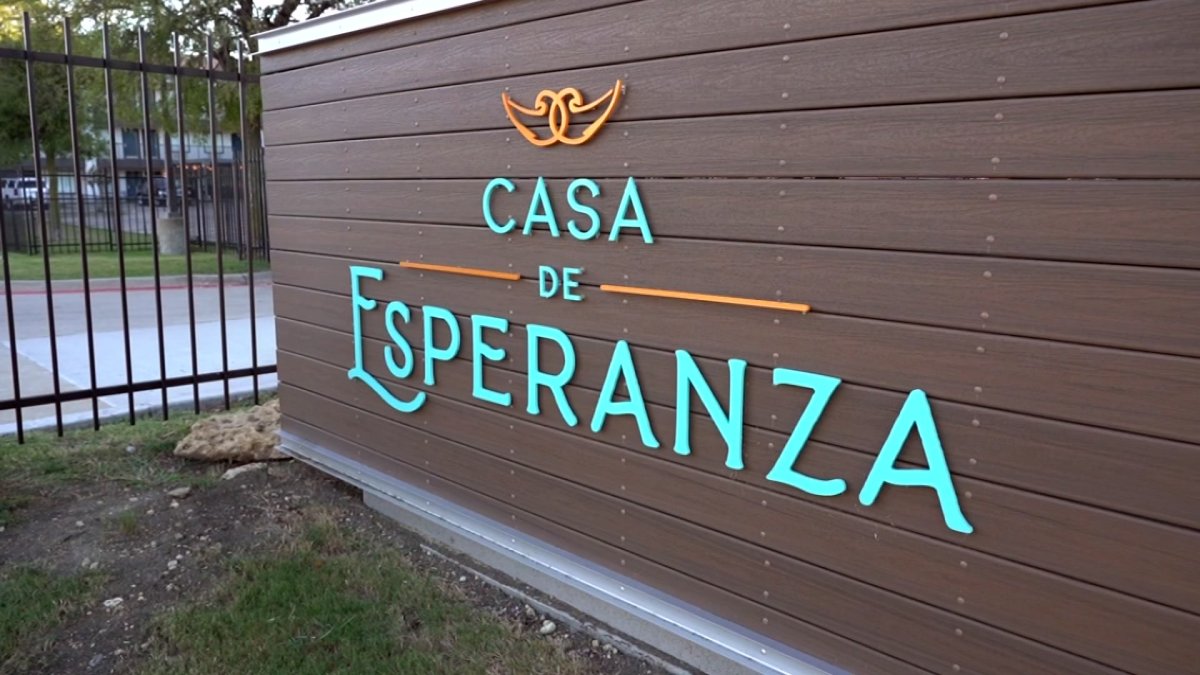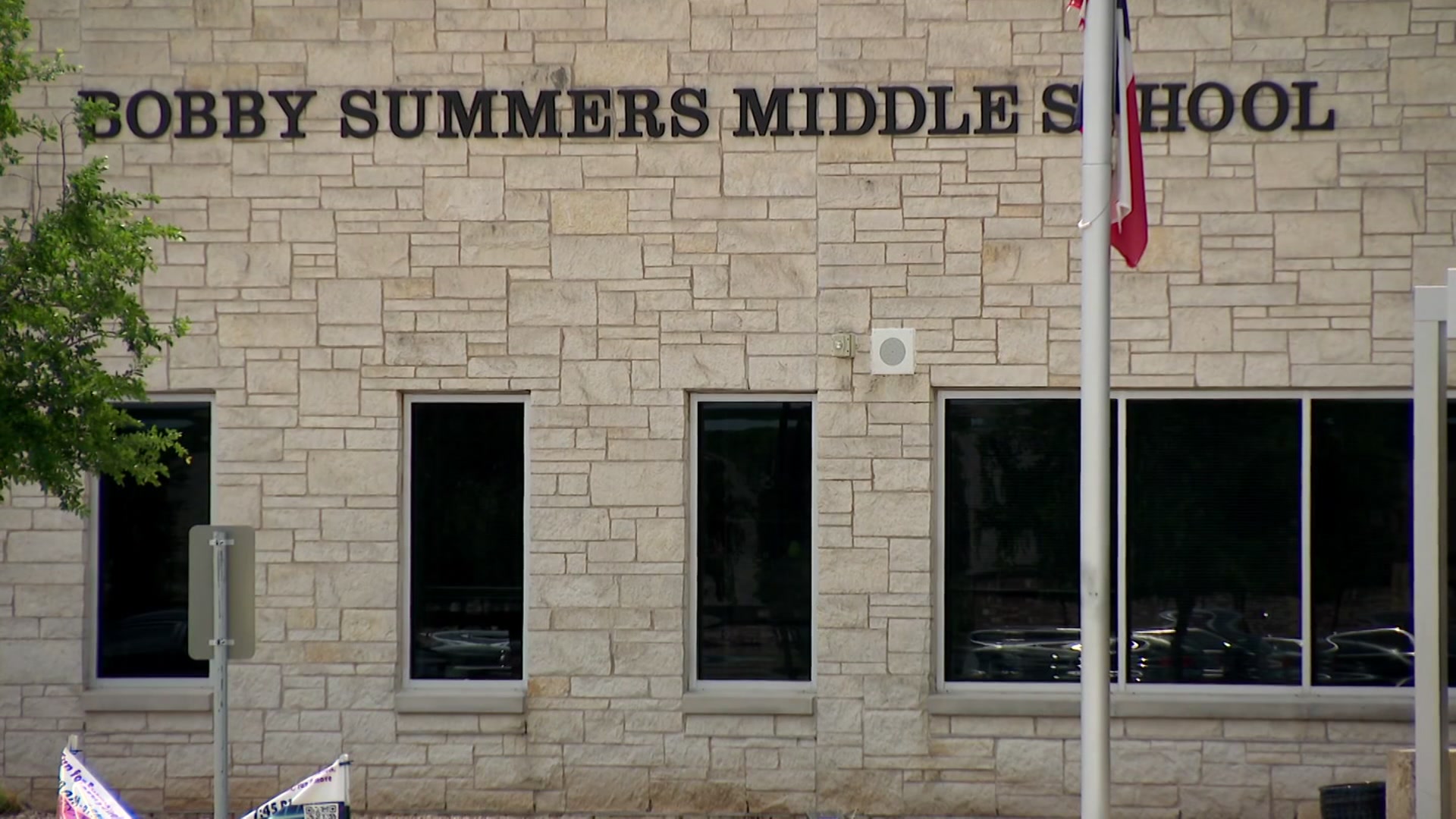
Fort Worth housing officials are laying out plans to invest millions into freeing people from chronic homelessness.
Fort Worth housing officials are laying out plans to invest millions into freeing people from chronic homelessness.
In a new informal report created for the mayor and city council, housing officials say the area’s rate of homelessness is relatively low. Among Continuums of Care (CoCs), the Fort Worth area ranks 235th out of 390. It also ranks second-lowest among large Texas cities. Still, leaders want to do more. And they’re celebrating the success of a Casa de Esperanza, a permanent housing program that has become a model for the rest of the country.
Watch NBC 5 free wherever you are
Resident Laura Lyday moved in after spending 11 years on and off the streets. She’s one of 119 people who used to be chronically homeless, but now call the renovated extended stay home
“It's the best feeling in the world to you know, have somewhere that you can call your own. You don't have to be on one's floor, no one's couch or even outside on the ground, said Lyday.
Get top local stories in DFW delivered to you every morning with NBC DFW's News Headlines newsletter.
Casa has provided her with a place to cook and do art. The Stability has made it easy for her to go to school, She’s now working toward her degree in Culinary Arts. And she has a safe place for her grandchildren to visit
"I can't imagine not being able to visit your grandmother because they had been in a tent. But now she has the ability to have her in her home and to cook with her and to tell stories,” said Mary-Margaret Lemons, President of Fort Worth Housing Solutions.
Stories like Lyday's show why CASA is such a success.
Local
The latest news from around North Texas.
It opened in December of 2020 thanks to the city allocating CARES Act funding for the project and a major collaboration involving community partners and developers. The model has been so successful, it's now being used in a case study.
“And we're getting a ton of questions about how we work so well together as a community. And I would say we just, everybody's bought into the idea that we're not okay with our neighbors living on the streets,” said Lemons.
At Casa de Esperanza, they provide apartments, and caseworkers to help with jobs, mental health and substance abuse treatment. It’s located near a bus stop, so tenants have access to transportation.
It’s also helped tenants like Lyday renew their hope and build community.
“We're a tight-knit family now. And that's good for a lot of us who didn't have families that now that they have somewhere to be and to say this is my family. This is you know, my home,” said Lyday.
The Tarrant County Homeless Coalition estimates that about 1800 residents are homeless and 200 are chronically homeless. Right now housing leaders are working on a plan to accept proposals for a new project to create 125 permanent homes for roughly $15 million.


